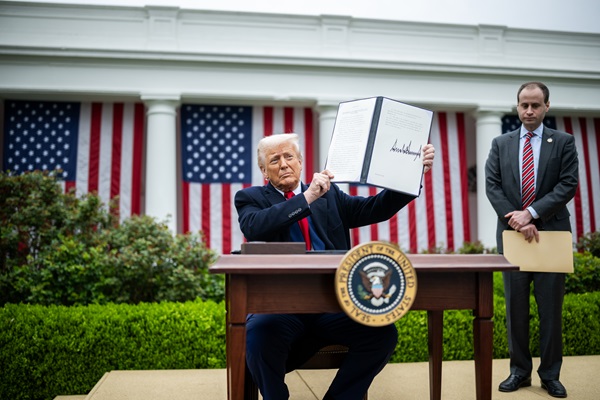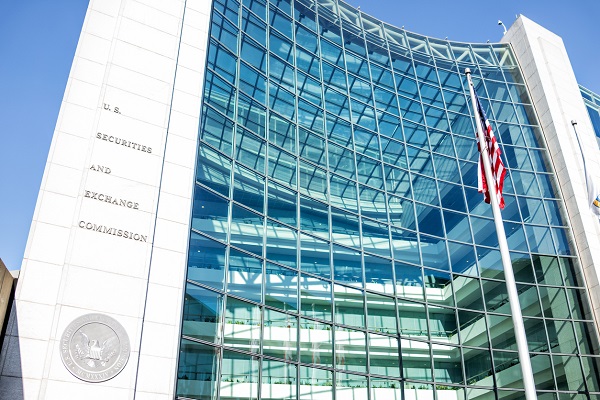.png)

By Srinath Sridharan
Dr. Srinath Sridharan is a Corporate Advisor & Independent Director on Corporate Boards. He is the author of ‘Family and Dhanda’.
September 16, 2025 at 3:14 PM IST
The recent resignation of an independent director from KRBL Ltd., a company with a market capitalisation exceeding ₹100 billion, offers a lesson for nearly every listed entity. It illustrates that it often takes just one board member, exercising independent judgment, to bring governance lapses into the light. The responsibility for addressing such concerns falls squarely on the board, and inevitably on the promoters, whose time and attention to business may be impacted in the short term.
The purpose of examining this episode is not to criticise individuals, but to reflect on the enduring principles of corporate governance and the crucial role of independent oversight in safeguarding stakeholder interests.
Independent directors, under the framework of the Companies Act 2013 and SEBI (Listing Obligations and Disclosure Requirements) Regulations 2015 (LODR), are entrusted with the responsibility to ensure transparency, accountability, and oversight in decision-making. When one resigns citing systemic disregard for these obligations, it is a market-governance concern.
The resignation letter of the board member who quit is unequivocal. Despite repeated attempts at constructive dialogue, he concluded he could no longer meaningfully contribute to the board’s functioning as envisioned under the regulatory framework. His cited concerns span the foundational principles of governance, as articulated under Clause 49 of the Listing Agreement and subsequent SEBI guidelines:
- Inconsistencies in Board and committee meeting minutes, undermining accurate recording of decisions as mandated under Section 118 of the Companies Act.
- Withholding of information critical to informed decision-making, contrary to SEBI LODR provisions on timely and adequate disclosures.
- Arbitrary write-offs of export receivables without adequate deliberation, raising questions about the board’s fiduciary duties under Section 166 of the Companies Act.
- Opaque allocation of CSR funds, potentially inconsistent with Section 135 of the Companies Act and Schedule VII requirements.
- Variable pay and annual increments awarded without transparent deliberation to persons holding office or place of profit, violating principles of fair remuneration under SEBI regulations.
- Significant amendments to the Object Clause without comprehensive discussion, a governance lapse concerning shareholder rights and transparency.
- Undue interference by invitees in board proceedings, compromising independent oversight.
Each of these concerns, individually, represents a serious deviation from accepted governance norms; collectively, they reveal an environment where independent voices might be sidelined. The resignation is a governance red flag that questions the integrity of board oversight.
In India, rarely do directors voice their disagreement, dissent or displeasure. Even if they are displeased, they simply cite mundane reasons like lack of time availability, health reasons or personal causes and simply exit.
KRBL’s ownership and management structure intensify the issue. Promoter holdings exceed 60%, and all key leadership roles are held by the promoters. While concentrated ownership is not inherently problematic, it places an extraordinary responsibility on independent directors and regulators to ensure that checks and balances operate effectively. When independent directors find their voices ignored, and regulatory frameworks cannot ensure enforcement, the market and stakeholders face real risk.
The resignation also tests the remaining independent directors. Do they share the departing director’s concerns? If yes, ethical consistency may require them to resign in solidarity. If not, their silence may be interpreted as tacit approval of the board’s functioning. In either scenario, the episode places the spotlight on the credibility of independent oversight in India’s corporate landscape.
The broader investor and regulatory community must also engage with these issues. Equity analysts, institutional investors, and regulators cannot rely solely on financial metrics to gauge corporate health. Governance lapses, if unchecked, can erode trust, inflate risks, and undermine long-term value creation. Independent directors are the mechanism by which ethical oversight intersects with fiduciary responsibility; when that mechanism fails, all stakeholders are at risk.
In response to the resignation of independent director Anil Kumar Chaudhary, KRBL Ltd. has announced plans to appoint a reputed third-party firm to conduct a thorough review of the observations within 30 days. The company stated that the findings of this review will be shared with the relevant board committees for further deliberation and recommendations. While this move demonstrates a commitment to transparency and accountability, it raises critical questions about the effectiveness of external reviews in rectifying systemic governance issues. Can an external audit truly address the normative behavior of board independence, or does it merely serve as a procedural response to a specific incident?
The core of the matter lies not in the findings of an external review but in the prevailing board dynamics that led to the resignation. If dissent is suppressed or sidelined, as Chaudhary alleged, can an external review alter the entrenched culture that undermines independent oversight?
Will it result in a genuine commitment to fostering an environment where independent directors can perform their roles without fear of retribution, or will it remain a superficial exercise aimed at restoring investor confidence without addressing the root causes of the concerns raised?
Essential lessons:
- Why were repeated concerns raised by the independent director ignored, despite clear regulatory guidance under SEBI LODR and the Companies Act?
- How does the board justify inconsistencies in recording board and committee meeting minutes, contrary to Section 118?
- What internal controls ensure that directors receive complete, timely, and accurate information?
- On what basis were export receivables written off without deliberation, and how does this align with fiduciary duties under Section 166?
- How are CSR allocations determined, and what measures ensure transparency in line with Section 135?
- What process ensures remuneration for persons holding office or place of profit is fair, transparent, and compliant with SEBI guidelines?
- Why were substantial amendments to the Object Clause undertaken without full board and shareholder deliberation?
- What mechanisms prevent interference from invitees in board proceedings, safeguarding independence of judgment?
- How will the board empower remaining independent directors to perform oversight effectively?
- How will an independent review of the governance concerns be commissioned, and by whom?
- How will the board address ethical dilemmas faced by directors to prevent future resignations?
- What structural safeguards will prevent the suppression or sidelining of dissent?
- How does the company reconcile concentrated promoter control with the independence required for ethical oversight?
- How will transparency and accountability be restored to investor communications?
- Are there plans to introduce regular external audits of governance practices?
Financial performance cannot substitute for governance integrity. boards must recognise that independent oversight is not symbolic, as it is a fundamental pillar of sustainable value creation. Similarly, analysts and institutional investors must ask probing questions rather than accepting surface-level disclosures.




